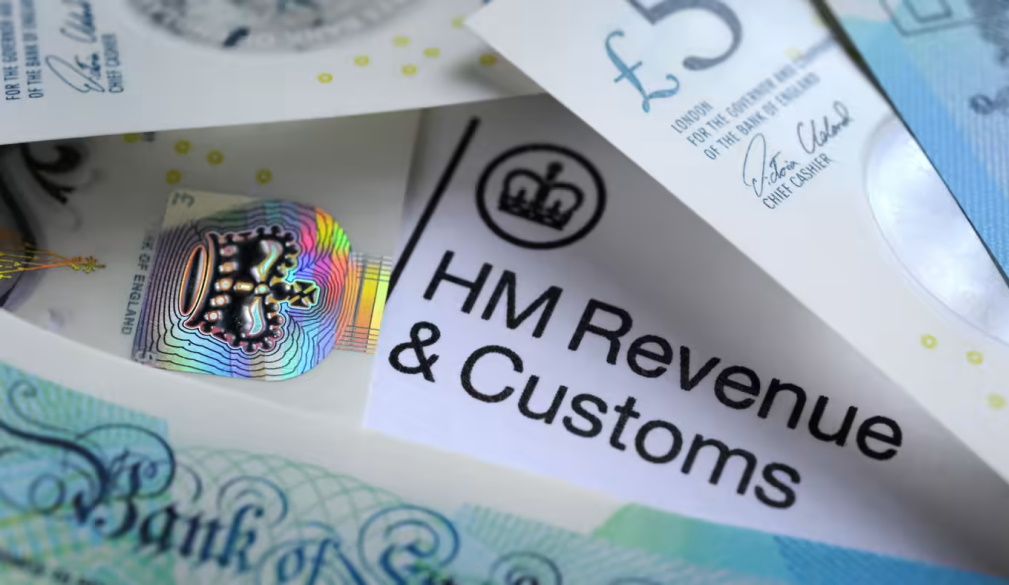How to Deal With An HMRC Enquiry?
- Written by NewsServices.com

If you get that morning call or letter from the HMRC that they would like to investigate your tax position, you will most likely panic. You will not know what awaits you if this is your first time facing a tax investigation by HMRC.
What is a tax investigation?
HMRC is the body concerned with the regulation of tax in the UK. The HMRC has a mandate to make that call and check into your business affairs to ensure you are paying your taxes on time and in the right amount.
When the HMRC decides to investigate your business, they will send you an official HMRC investigation letter or a phone call informing you of what they intend to look at. The HMRC may look at things like:
- The taxes you pay
- Company tax return
- Self-assessment tax return for a specific year
- Accounts and tax calculations
- PAYE records if you are employed
- VAT returns if your business is a VAT registered
During the tax investigation, the HMRC will send a team to audit your accounts and ask you or your accountant a question. The HMRC team can ask to visit you at home, at the accountant’s office, or the business address.
The best way to deal with such enquiries is to get in touch with HMRC tax investigation solicitors who will provide you with the best strategy and manage investigations on your behalf.
Types of a tax investigations
When the HMRC comes to visit your business for tax investigation, there are three levels of audit they are likely to carry out:
1 - Full enquiry
When the HMRC visits your business for a full inquiry, they will review your business records. They do this because they believe there is a significant risk of an error in your taxes. In case they are investigating a limited company, the HMRC will normally investigate the tax affairs of the company directors and other affairs of the businesses.
2 – Aspect inquiry
This is a simple inquiry to examine a specific aspect of the accounts. Such an aspect may include any inconsistency in a section of a recent tax return.
3 – A random check
The HMRC can also conduct a random check on your business at any time to ensure all your accounts are in order. This will happen regardless of your accounts and whether you have triggered an alert from the HMRC or not.
What is likely to trigger a tax investigation?
There are many reasons why the HMRC may decide to visit your businesses and conduct an audit of your accounts. Sometimes the investigations may be triggered by the HMRC’s Central Risk team, who have more sophisticated data mining tools that can spot any unusual activity on accounts and trends in a particular industry.
In most cases, the HMRC will visit your business for audits when you submit incorrect figures in your tax return. Therefore, you should ask your accountant for professional advice about your accounts and go through your tax returns before you can submit them to the HMRC.
Other instances when the HMRC is likely to investigate your accounts include:
- You have been deemed a risk by the HMRC Central Risk team. If there are a lot of cash trades or high capital that goes into and out of your personal bank account.
- You are in the HMRC target area. Sometimes the HMRC takes a proactive look into specific sectors where there is likely to be a tax shortfall.
- Wrongful or incorrect filing of tax returns. You may have forgotten to tick a box or failed to include the correct supplementary information in a recent tax return.
- If the HMRC is suspicious of you, they will look to investigate your business if there is any evidence of fraud or criminal wrongdoing. Some behaviors may call for an investigation into your account, for instance, if you are always filing your returns late or have a high expense compared to your current income.
Final Thoughts
When the HMRC makes a call to investigate your business, and you believe they are wrong to do so, you can write to them asking them to stop. You can also ask them to close the case when they fail to respond to you in a reasonable time. If the HMRC goes on with the case and you are not pleased with the outcome, you have the right to appeal.







